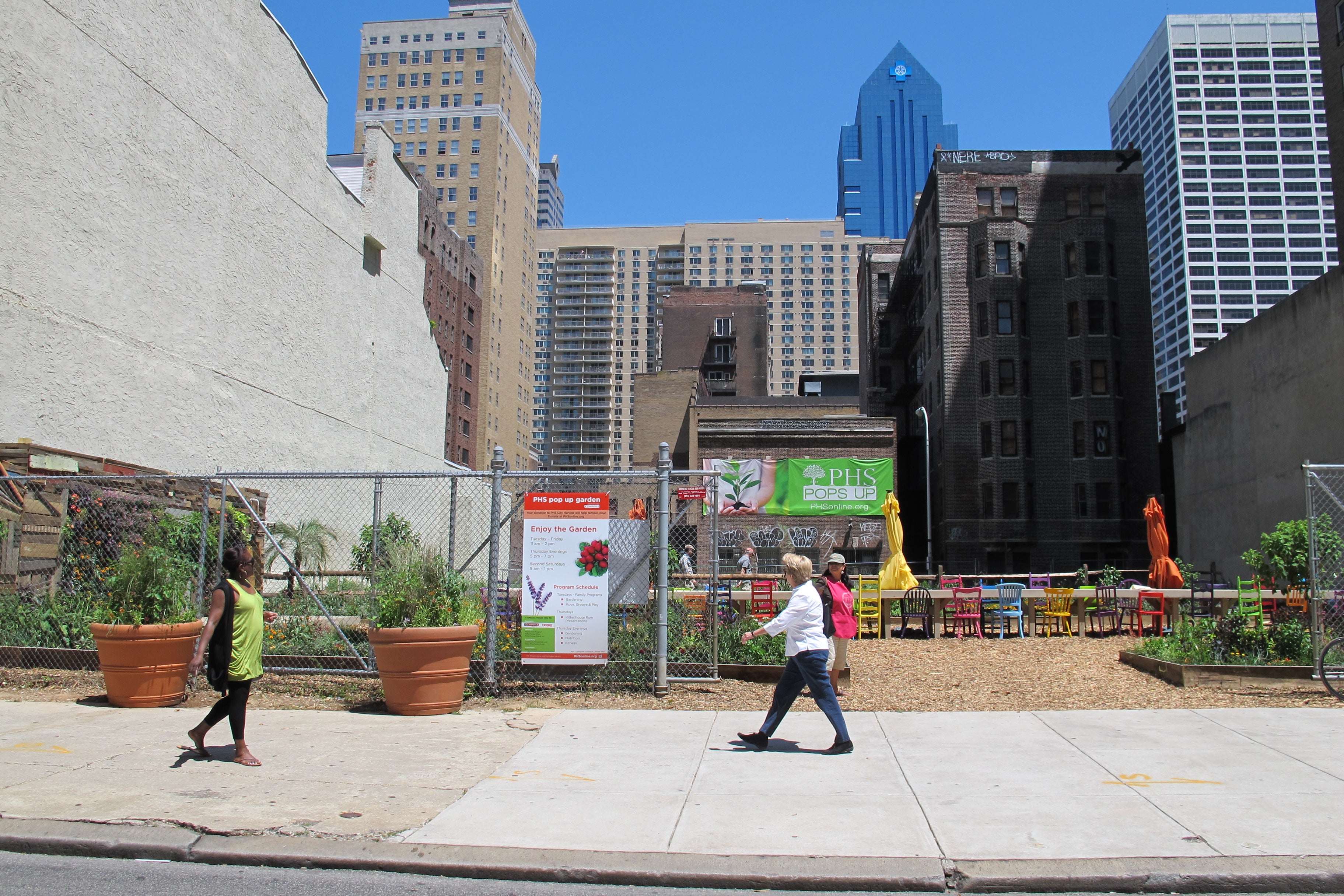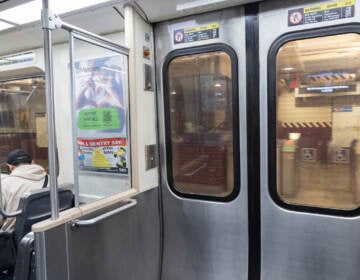City to sell off tax debt on commercial properties

Next week, Philadelphia will take a first crack at selling off tax liens on commercial properties, a move which City Council hopes will later expand and generate $30 million in revenue for the School District next year.
Council, having rejected Mayor Michael Nutter’s proposal to raise $105 million for schools through a 9% property-tax increase, instead is proposing to raise $70 million through a smaller property-tax increase and small rises in the parking and use-and-occupancy taxes. Council President Darrell Clarke’s office said that, based on conversations they had with the administration, Council expects commercial lien sales to raise $30 million more for schools, bringing the total addition to $100 million.
The initial sale next week will be a trial run, with the city offering liens on 1,400 properties, two thirds of which are commercial. Mark McDonald, Mayor Nutter’s press secretary, said the city has no estimate at this point of what the pilot sale might net. The combined debt of the liens going on sale is around $6.4 million, McDonald said.
“In that we don’t have a benchmark because this is the first sale of this sort, we will evaluate the results when we have them,” McDonald told PlanPhilly in an email.
Strictly speaking, this is the city’s first attempt to sell liens this way, one at a time. But in the 1990s under Mayor Ed Rendell, the city bundled 33,000 tax liens and sold them all at once, issuing $106 million in bonds against the proceeds of that sale. Many of those liens turned out to be uncollectable, and the city defaulted on the bond. The fallout of that move is apparently still causing problems today, with the city having problems clearing the title on certain properties because some of the debt is owned by a private company.
Partially because of that experience, a group of community-development advocates sent a letter to the Nutter administration and Council last week asking the city to hold off on selling those liens. The group—which includes Habitat for Humanity, the Public Interest Law Center, housing advocacy organizations and a number of Community Development Corporations—is worried that the city will offload tax debt that may not be collectable, leading to bad outcomes for redevelopment efforts.
“We fear that if the liens for those properties are sold to a private investor – either as individual parcels or part of a bulk sale – it is unlikely the investor will have substantially greater success than the City in collecting back taxes and penalties,” the group wrote in its letter. “… Meanwhile, the City’s hands are tied; because the lien has been sold, the City cannot seize the property for code violations nor tax delinquency while the investor is attempting to collect.”
The group also said a lien sale could increase costs and complications for the Land Bank, the still-nascent-after-all-these-years organization that’s supposed to be able to acquire and redevelop vacant land quickly. The Land Bank may already have to pay to clear privately owned liens that were sold under Rendell in the 90s, and could have to pay more if new liens are sold in the next round. It could slow down the redevelopment of certain commercial corridors, the group said.
“As for the tax lien and Land Bank issue,” said Mark McDonald, “the City’s senior staff in Finance and Revenue Departments are working with Land Bank officials to ensure that properties that are involved in the tax lien pilot program are not ones that the Land Bank wanted for its portfolio.”
As NewsWorks has reported, the School District has already budgeted $65 million in revenue from delinquent-tax collection efforts the Nutter Administration has been stepping up over the last few years. It’s not clear whether some of that expected revenue could be included in the lien sale, thus causing some of the same dollars to be budgeted twice.
The pilot sale will take place between June 24 and June 29. Read the letter from the community development groups here.
WHYY is your source for fact-based, in-depth journalism and information. As a nonprofit organization, we rely on financial support from readers like you. Please give today.






